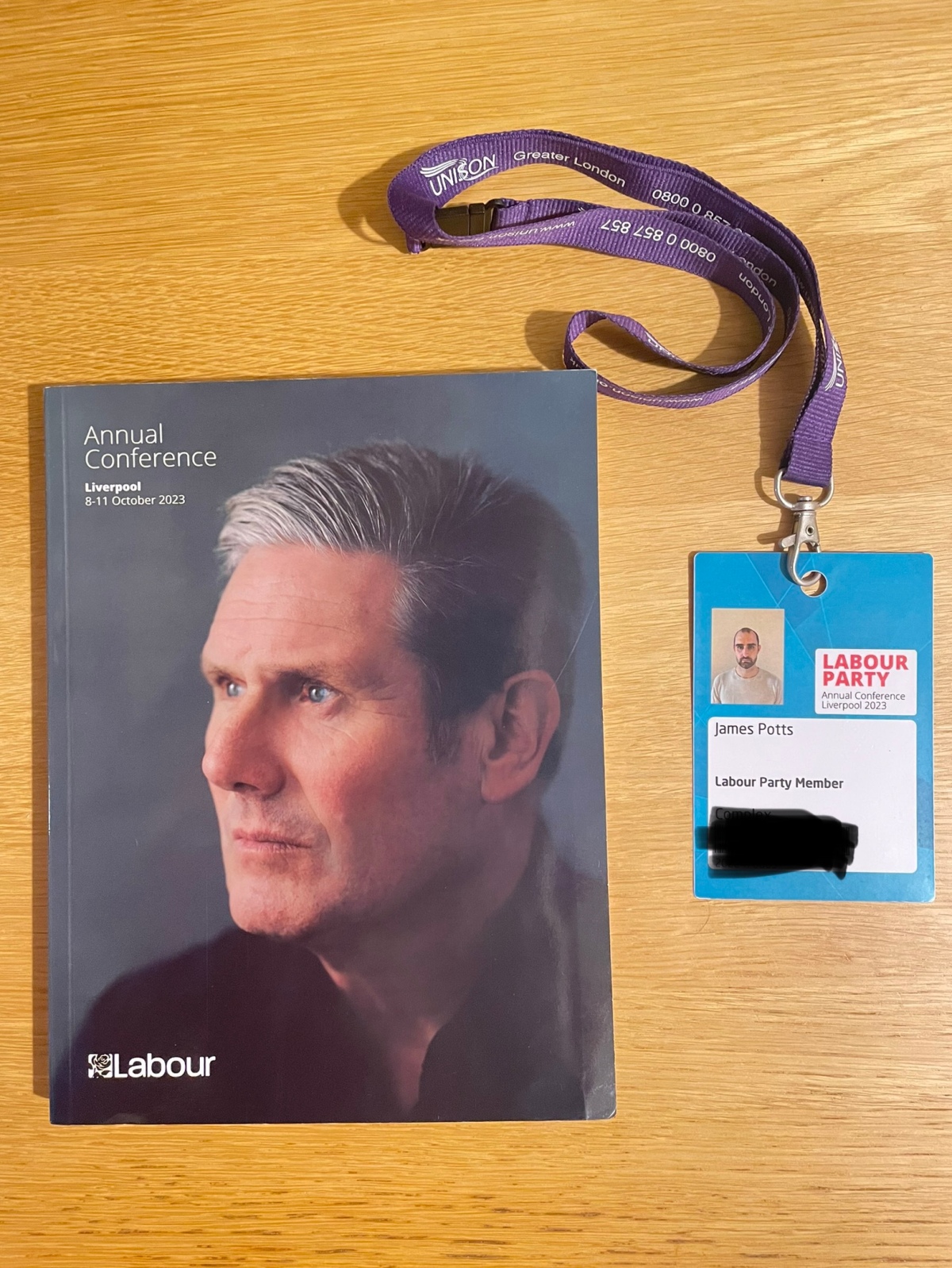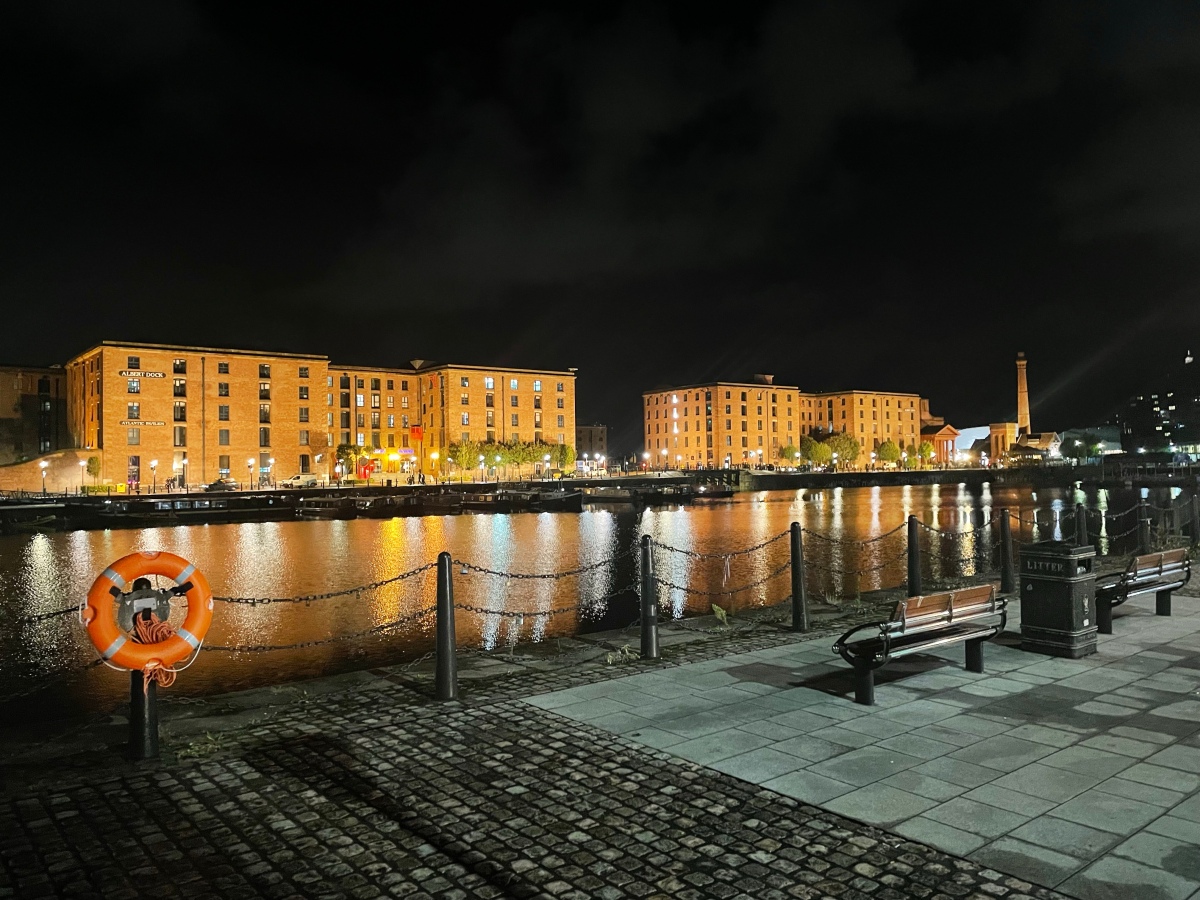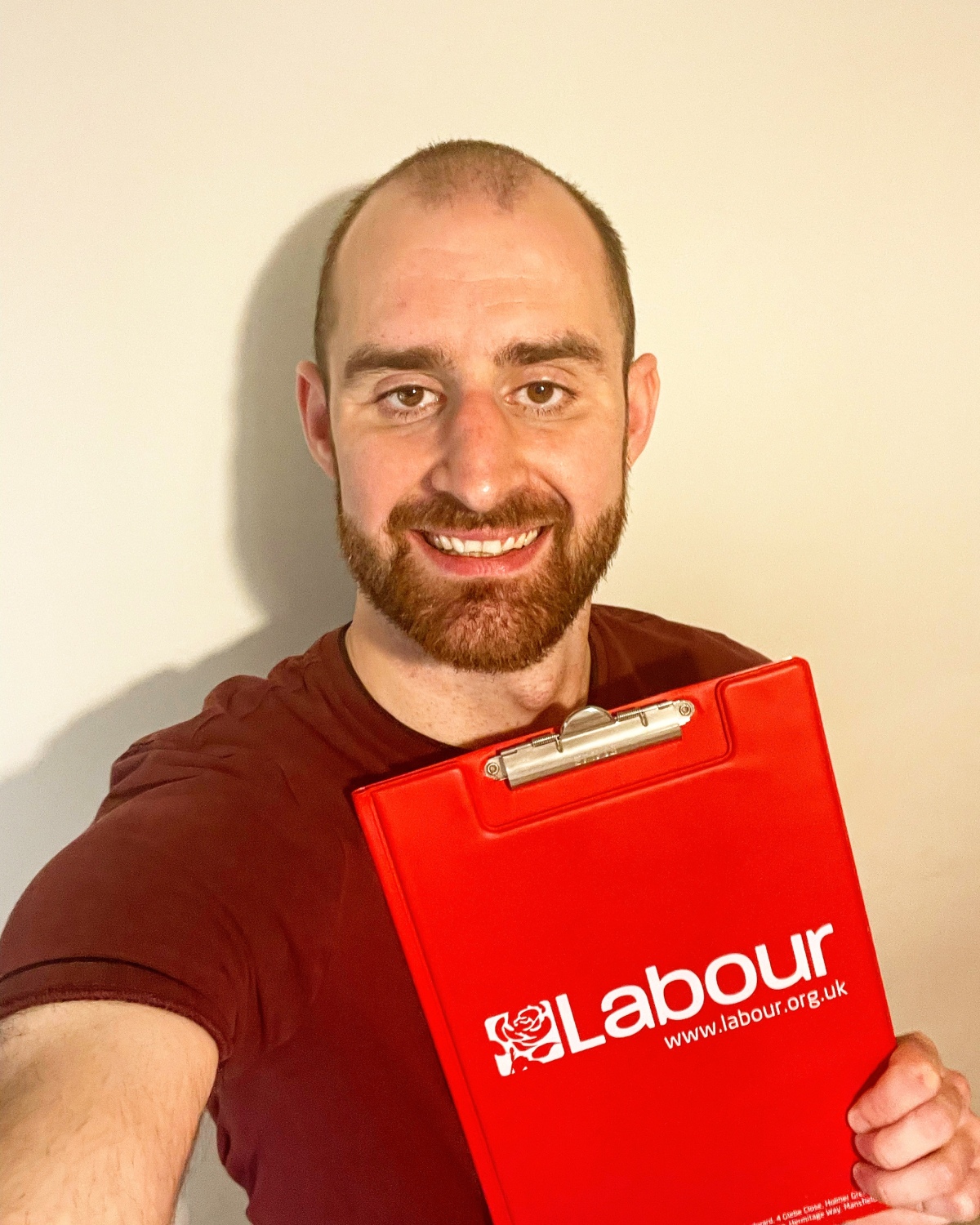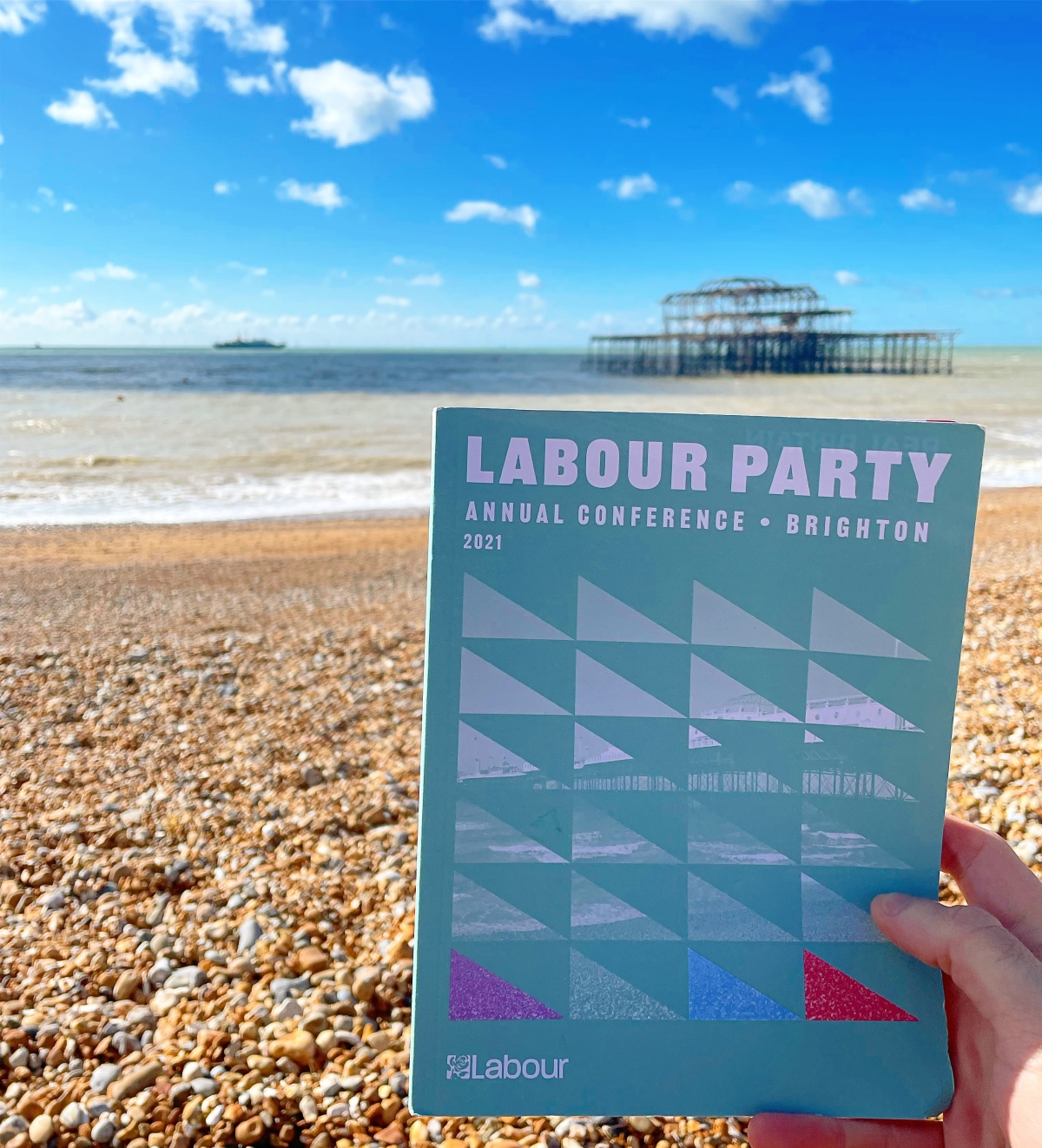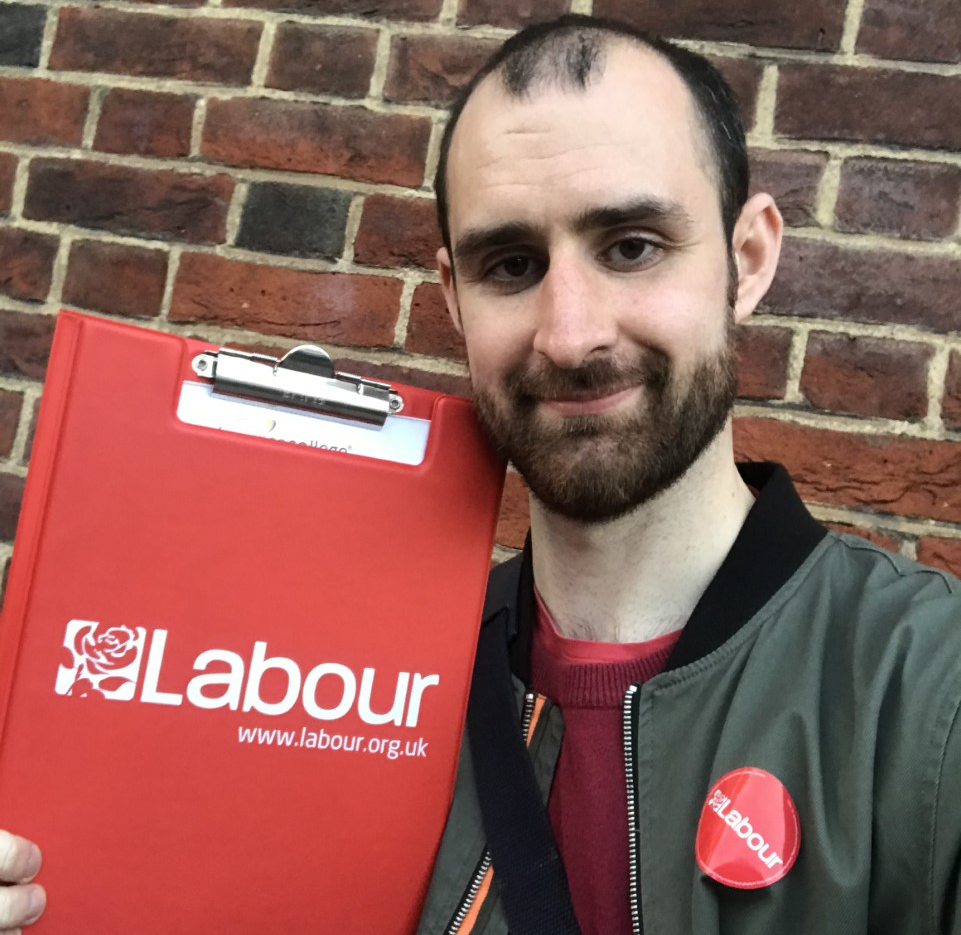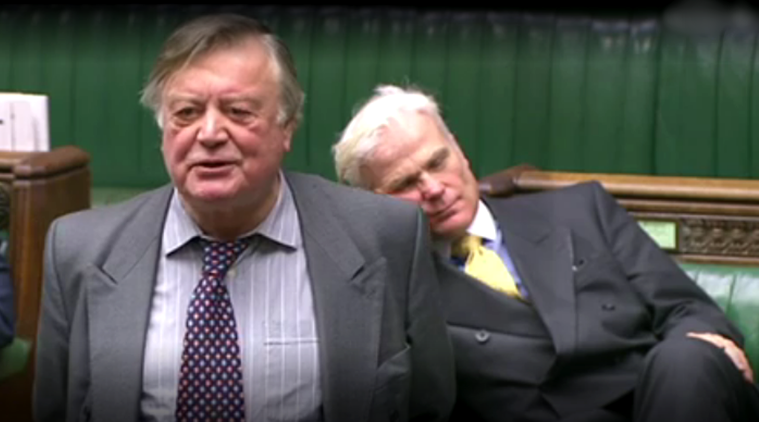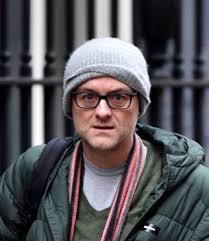So as another Labour Party Conference concludes and as I make my way back to London, I’ve penned some thoughts on how it all went, which I’ve done in previous years.
Like last year, there was an buzz around conference, a quiet anticipation as the party faithful are buoyed by the upcoming election where we have a real shot of forming the next Government. There was lots of smiling delegates and a sense of optimism which was somehow higher than last year. In the last 12 months we’ve had the implosion of both the Conservatives and the SNP and with Labour doing well in the polls, this quiet optimism gave the conference a positive vibe.
The place was packed, which made getting into some events very difficult, which is a very nice problem to have. Apparently over 16,000 people were at the conference and I heard 1,000 of them were media and a further 2,000 corporate passes were sold. This shows just how seriously we are being taken as a party as a possible Government-in-waiting. This contrasts with tales I heard from Conservative conference a few days before where the exhibition hall was half empty.
The policies announced by the leadership are excellent, especially the housebuilding pledges which to me will help solve many other issues we face as a country. Building new homes across the land helps give people a chance to get on, yet we haven’t built enough as a country over the past few decades. I had to pinch myself that there was such a focus on the policies that I am passionate about, something which was missing from Rishi Sunak’s speech a week ago.
The other thing that struck me was the discipline and focus from pretty much everyone. This shows we are serious and responsible about the prospect of serving the public once again and hopefully it sends a signal that we are a serious alternative to the Tories.
Keir’s speech was superb, offering an inspirational and hopeful vision of the future, mixing in elements of his life with the vision of what the future might look like. I can’t help but feel the future I grew up with has been taken away over the past 13 years, so I fully subscribe to efforts to get that future back. Plus, Keir handled the protester incredibly well, which demonstrated to me that he is calm in a crisis, a very Prime Ministerial quality. A special mention too for the staff whose idea it was to sell “Sparkle with Starmer” T Shirts a few hours after the speech, bravo!
To the fringe events, one common theme from pretty much every organisation was that certainty and clarity are needed from Government, something which hasn’t happened under the chaos of the past few years under the Tories. Thankfully, Labour has promised to deliver stability if elected. This was true for a whole host of policies to enable businesses to invest and get our country on the up once again.
As ever, it was wonderful to see members of the Labour family, both new and old. What I love about conference is the chance to catch up with friends and make new ones from across the movement. Plus, I met my Young Fabian mentee in person for the first time and I even got recognised by a few people, which was really lovely!

My other highlights in brief include: speaking at the LabourList rally, our Young Fabian fringe and the very busy Fabian reception, having coffee with my face on, plus Lisa Nandy’s excellent Beer and Books event and what was probably my last appearance at the Labour Students Disco (I’m getting too old for that sort of thing!)
Until next year’s conference, unless there is a general election called for the autumn, I leave Liverpool feeling hopeful and excited for the challenges ahead. Bring it on!
JP

